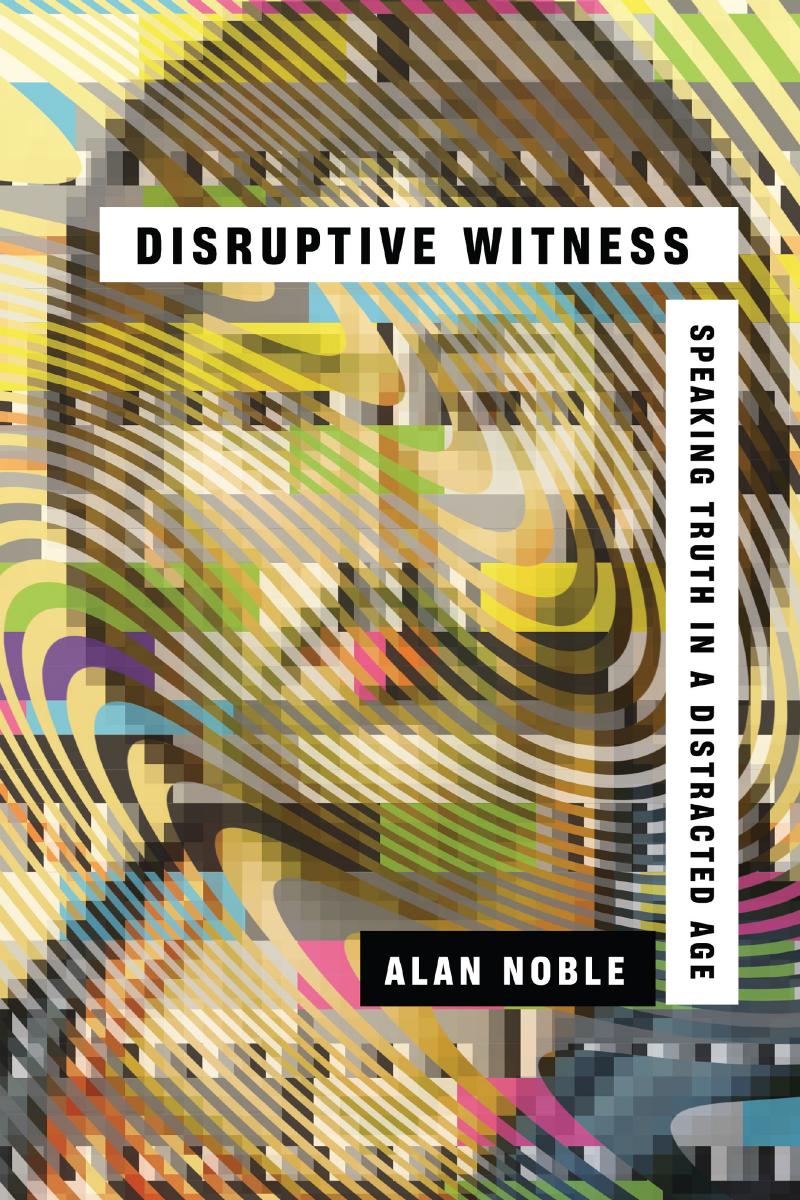Disruptive Witness: Speaking Truth in a Distracted Age by Alan Noble

Author:Alan Noble [Noble, Alan]
Language: eng
Format: epub, pdf
Tags: witness;charles taylor;secularism;secular;digital age;secular age;evangelism;authenticity;culture;christianity;western culture;western christianity;culture;cultural critique;technology
Publisher: InterVarsity Press
Published: 2018-05-08T14:51:12+00:00
An Individual or a Person?
The double movement may seem to leave no room for purely individual actions. If the terminus of everything we do is in God and his glory, is there any space left for the individual? The answer to this is related to the larger question of whether we are individuals or persons. The modern concept of the self, with its perspective of sovereignty and objectivity and its buffer against external powers, leads to individualism, which the French philosopher Emmanuel Mounier defines this way:
Individualism is a system of morals, feelings, ideas and institutions in which individuals can be organized by their mutual isolation and defence. This was the ideology and the prevailing structure of Western bourgeois society in the 18th and 19th centuries. Man in the abstract, unattached to any natural community, the sovereign lord of a liberty unlimited and undirected; turning towards others with a primary mistrust, calculation and self-vindication.15
Individuals need an identity to define themselves against the crowd. And as we have seen, that identity is envisioned as an internal ideal that can be discovered if we know ourselves and act authentically. This is key: in individualism, the image of the individual is either chosen, discovered, or created through an inward process. The terminus of the search for identity is always inside the individual, although it may be influenced by external sources.
We can see how this is incompatible with the double movement. If we replace the individual with the person, however, we can see how the double movement enriches our personhood rather than robbing us of space for difference.
Christian personalism is a philosophical movement that started between the world wars, primarily in France. In his foundational text on the movement, Emmanuel Mounier differentiates personalism from individualism by noting that the latter is focused only on inwardness and defending the individual, whereas personalism moves inward only to move outward.
The self-reflective movement which constitutes “the individual” contributes to the maintenance of the human shape. But the person is only growing so far as he is continually purifying himself from the individual within him. He cannot do this by force of self-attention, but on the contrary by making himself available . . . and thereby more transparent both to himself and to others. Things then happen as though the person, no longer “occupied with himself” or “full of himself,” were becoming able—then and thus only—to be someone else and to enter into grace.16
To live a full life requires us to be self-reflective. Through reflection we can identify sins and errors, and uproot egotism, which Mounier describes as “purifying himself from the individual within him.” But notice that the double movement is again at work: we turn inward only to turn outward toward others, and in communion with others we know ourselves.
In one’s inner experience the person is a presence directed toward the world and other persons, mingled among them in universal space. Other persons do not limit it, they enable it to be and to grow. Thus the person
Download
Disruptive Witness: Speaking Truth in a Distracted Age by Alan Noble.pdf
This site does not store any files on its server. We only index and link to content provided by other sites. Please contact the content providers to delete copyright contents if any and email us, we'll remove relevant links or contents immediately.
The Lost Art of Listening by Michael P. Nichols(6474)
Why I Am Not A Calvinist by Dr. Peter S. Ruckman(3771)
The Rosicrucians by Christopher McIntosh(3049)
Wicca: a guide for the solitary practitioner by Scott Cunningham(2704)
Signature in the Cell: DNA and the Evidence for Intelligent Design by Stephen C. Meyer(2501)
Real Sex by Lauren F. Winner(2474)
The Holy Spirit by Billy Graham(2418)
To Light a Sacred Flame by Silver RavenWolf(2353)
The End of Faith by Sam Harris(2289)
The Gnostic Gospels by Pagels Elaine(2026)
Nine Parts of Desire by Geraldine Brooks(2007)
Waking Up by Sam Harris(1958)
Heavens on Earth by Michael Shermer(1955)
Devil, The by Almond Philip C(1899)
Jesus by Paul Johnson(1887)
The God delusion by Richard Dawkins(1848)
Kundalini by Gopi Krishna(1824)
Chosen by God by R. C. Sproul(1760)
The Nature of Consciousness by Rupert Spira(1689)
